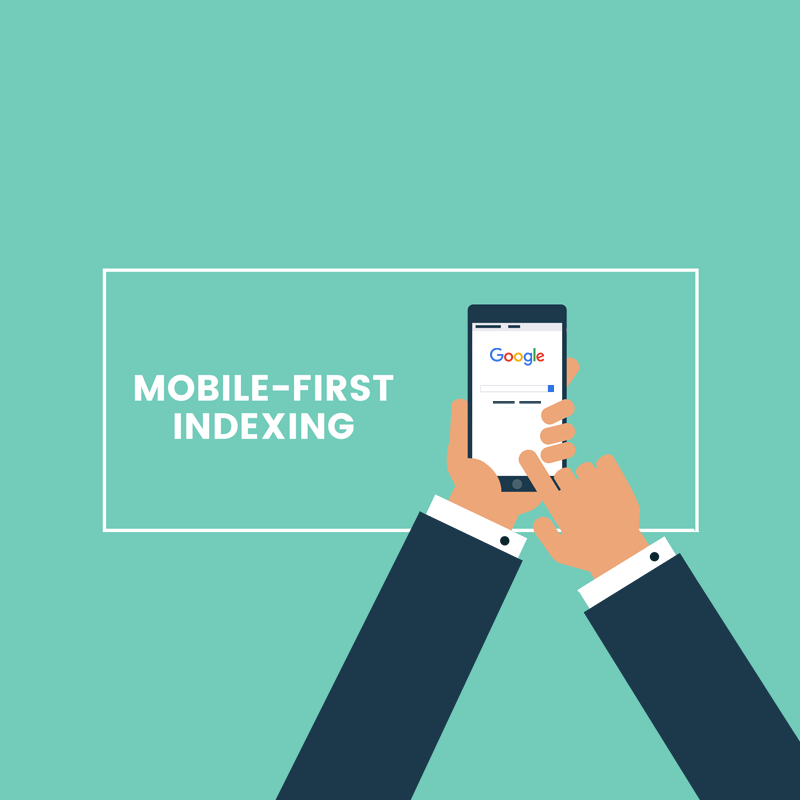
The search giant Google announced that over half of the pages shown on its search results are coming from Google indexing contents using mobile-first indexing procedure.
Mobile-first indexing here is simply how Google crawls and indexes the web. Instead of looking at the desktop version of the page, Google in mobile-first indexing looks at the mobile version of the page.
In other words, Google crawls and indexes web pages based on how it renders them on mobile phones, and not on desktop computers.
This initiative has been commencing since 2016. Using what it calls 'Googlebot', the search engine visits and accesses websites just like how most users normally would.
Read: How To Make Your Website Ready For Mobile-First Indexing, According To Google
Generally, Google moves websites to mobile-first indexing when its tests assure that those websites are ready.
"When we move sites over, we notify the site owner through a message in Search Console. It's possible to confirm this by checking the server logs, where a majority of the requests should be from Googlebot Smartphone. Even easier, the URL inspection tool allows a site owner to check how a URL from the site (it's usually enough to check the homepage) was last crawled and indexed," said Google.
While Google has been prioritizing mobile-first, and urging webmasters and web owners to create sites with responsive design, there are still many that haven't.
Many websites on the web are still relying on old technologies and designs that aren't yet mobile-friendly.
"If your site uses responsive design techniques, you should be all set!" said Google.

But for those sites that aren't using responsive design, Google saw two common issues on them.
Missing structured data on mobile pages
Structured data is important for Google, as it helps it understand the contents of the page, allowing the search engine to easily highlight the pages.
For those websites that aren't using responsive design and are using structured data only on the desktop version of their sites, webmasters are urged to use the same structured data on the mobile version of the pages. This is important because in mobile-first indexing, Google only use the mobile version of the pages for indexing.
Google suggests that web owners and webmasters to test their structured data in general, to then compare the results to the mobile version of the page.
"For the mobile version, check the source code when you simulate a mobile device, or use the HTML generated with the mobile-friendly testing tool. Note that a page does not need to be mobile-friendly in order to be considered for mobile-first indexing," explained Google.
What should be noted is that if desktop pages are different from mobile pages in terms of content and structured data, the site's ranking can be affected in a bad way.
Missing alt-text for images on mobile pages
The alt attribute on images is one great way to describe images to users with screen-readers. But besides enhancing accessibility, the attribute can also help search engines' crawlers better understand the context of images.
"Without alt-text for images, it's a lot harder for Google Images to understand the context of images that you use on your pages," said Google.
Webmasters and web owners are urged to check their site's img tags in the source code of the site's mobile version. They can test this using either a browser to simulate a mobile device, or by using Google's Mobile-Friendly test (https://search.google.com/test/mobile-friendly) to check the Googlebot rendered version.
Search for the img tags to see whether they have the appropriate alt-attributes findable in Google Images.
"It's fantastic to see so many great websites that work well on mobile!" continued Google.
"We're looking forward to being able to index more and more of the web using mobile-first indexing, helping more users to search the web in the same way that they access it: with a smartphone. We’ll continue to monitor and evaluate this change carefully."